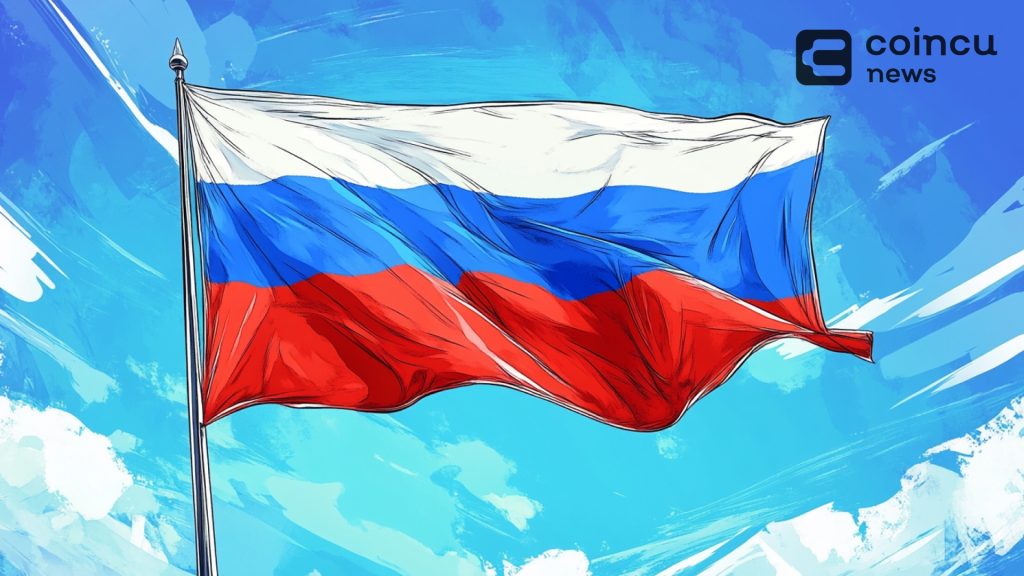Key Points:
- Russia’s Finance Ministry will keep the Russian National Welfare Fund’s investments in gold and yuan, ruling out crypto due to high volatility.
- Russian authorities are exploring a controlled crypto trading framework for select investors, while a taxation system for digital assets has been introduced.

Russia’s Ministry of Finance has no plans to alter the investment structure of the National Welfare Fund (NWF), Deputy Finance Minister Vladimir Kolychev stated.
The Russian National Welfare Fund, which serves as a financial safety net, will continue to focus on assets like the Chinese yuan and gold, avoiding riskier options such as cryptocurrencies.
Russian National Welfare Fund Maintains Strategy Amid Crypto Volatility
Speaking to journalists, Kolychev emphasized that digital assets would not be included due to their high volatility.
“No. Gold and yuan,” he said when asked about potential investment changes.
Currently, the Russian National Welfare Fund’s holdings comprise up to 60% yuan and 40% gold. The deputy minister also dismissed speculation about Russia establishing a strategic cryptocurrency reserve, similar to proposals previously floated in the United States.
“This is more of a question for the Central Bank. To be honest, I have not heard of such discussions,” he added.
Regulators Explore Controlled Digital Asset Trading Framework
Despite the government’s reluctance to integrate cryptocurrencies into its sovereign investment strategy, digital assets are gaining traction in Russia’s broader financial landscape.
Legislative changes have enabled Russian businesses to use Bitcoin and other digital currencies for international transactions, particularly as Western sanctions complicate trade with key partners like China and Turkey. Many foreign banks have adopted a cautious approach to Russian transactions, fearing regulatory scrutiny from the West.
President Vladimir Putin has taken steps to facilitate cryptocurrency adoption in foreign trade. In addition, Russia has legalized Bitcoin mining. However, efforts to develop a central bank digital currency (CBDC) have stalled, and the country continues to grapple with regulatory uncertainties surrounding digital assets.
Meanwhile, Russia has also implemented a taxation system for cryptocurrencies, imposing rates between 13% and 15% depending on income levels, according to local outlet news Interfax.
The Ministry of Finance and the Central Bank are reportedly working on a controlled crypto trading framework aimed at select high-net-worth investors. Some officials are exploring an experimental initiative that would allow specific entities to engage in structured digital asset trading under regulatory oversight.
| DISCLAIMER: The information on this website is provided as general market commentary and does not constitute investment advice. We encourage you to do your own research before investing. |























